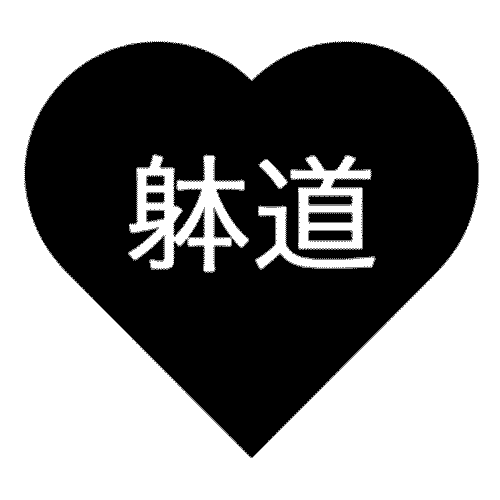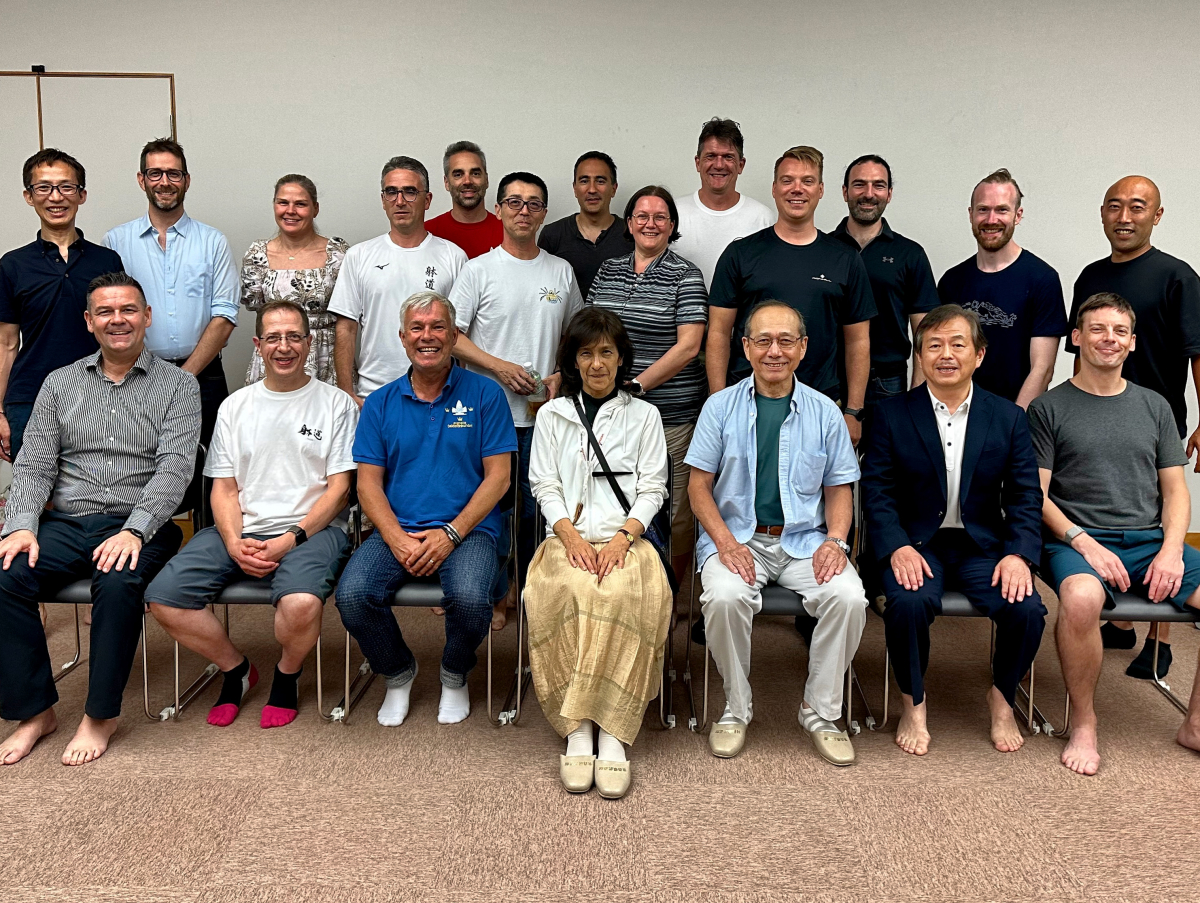Note: What follows is not a completed thought, and it may not even be all that important to most students. However, I feel it is extremely important to teachers, and it's the kind of thing that has been popping into my head a lot when I think about Taido lately. I'd love to hear your opinion.
Taido is a Japanese Martial Art
I’m going to go ahead and make a blunt assertion, which you can choose to accept or reject: Japanese Taido teachers believe that Taido belongs to Japan.
I’m not going to make a case for this here, but it is true.
I've practiced Taido in Japan for a long time, and the feeling amongst the vast majority of people practicing Taido here is that Taido is a cultural artifact of this country.
Of course, you might not think that’s a very big deal.
Taido is from Japan after all.
Yet, if Taido belongs to the Japanese, can it really be for anyone who is not Japanese or in Japan?
So long as non-Japanese Taidoka can agree that the Japanese way is best, this isn’t a problem. If we “foreign” Taidoka can accept that Taido is not ours and dedicate ourselves to learning the proper way to do Taido by emulating our Japanese teachers, then everyone can get along easily.
What if you're not Japanese?
It’s generally assumed by many of the Japanese Taido teachers I know that this is the ideal, that non-Japanese Taido teachers (even those with over 30 years experience) should obediently follow Japan’s lead in all decisions regarding what Taido is all about and how it should be practiced and used.
Things get tricky here.
When somebody in Europe, for example, spends thirty years training and studying Taido, we should expect that this person will come to understand the art at a high level.
At least we would hope so.
But how much can one really understand of Taido without having read Taido Gairon (which is something very few Japanese Taidoka do either - for one thing, it’s a very difficult read)?
Can we assume that somebody without much Japanese knowledge will make the connections hinted at in the Japanese naming of various techniques and concepts?
And this is only a small matter. The larger problem is culture.
What society does Taido serve?
Taido is said to be created for the benefit of society. Now think for a moment about how similar Japanese society is to your own. You probably don’t have a point of comparison unless you’ve lived there.
To put things in perspective, let’s posit that Taido was created for Japanese society as viewed by its Okinawan-born-Japanese creator at the time in Japanese history when he created it. Yes, Taido has changed since then, but understanding our origins is important.
Shukumine created a martial art for his generation. Very few non-Japanese practicing Taido today are of that generation.
In fact, I’d put the figure at around zero.
If Taido is for the benefit of society, it will need to adapt to the society in which it is being practiced. Now I’m going to make another unsupported assertion that you can choose to reject (but that is correct): in general, Japan is socioculturally at least a decade (if not two decades) behind Europe and the US in most things.
The Taido created by Japanese for the benefit of Japanese society will probably not serve the needs of those living elsewhere in other societies.
We'll have to figure this out, sooner or later...
I'm curious about the implications of this line of thought.
How does Taido change when it crosses national and cultural borders?
When it changes, is it still Taido?

